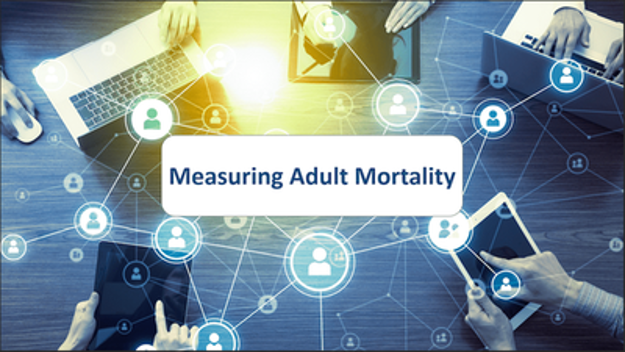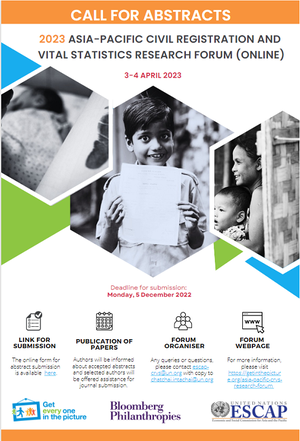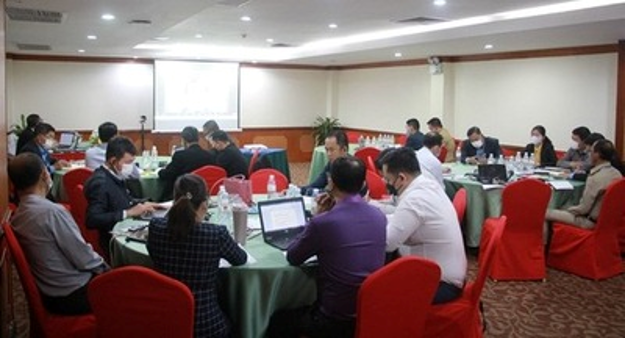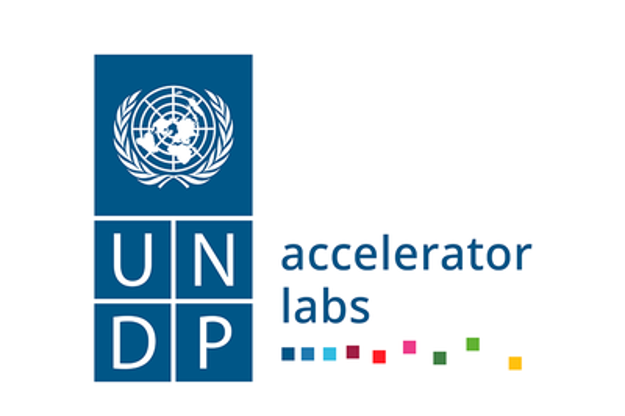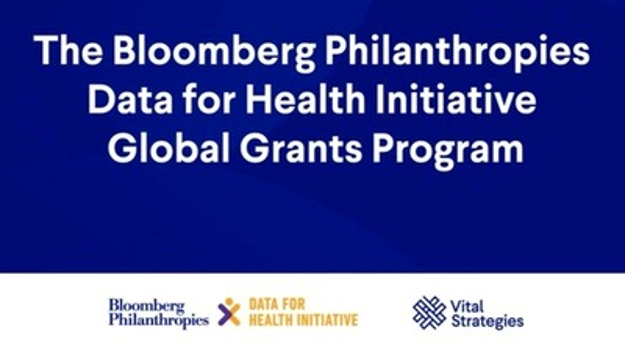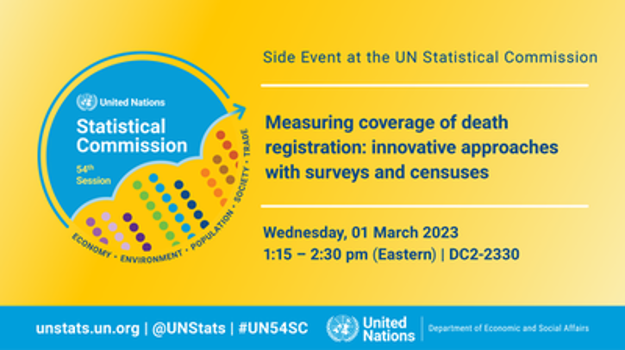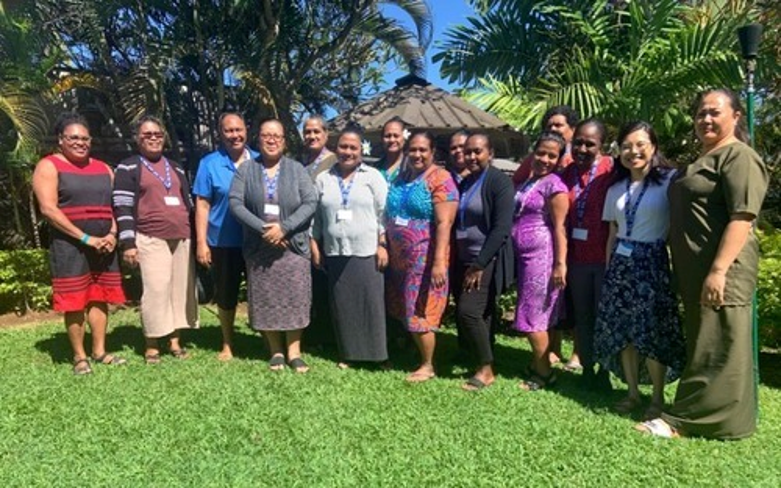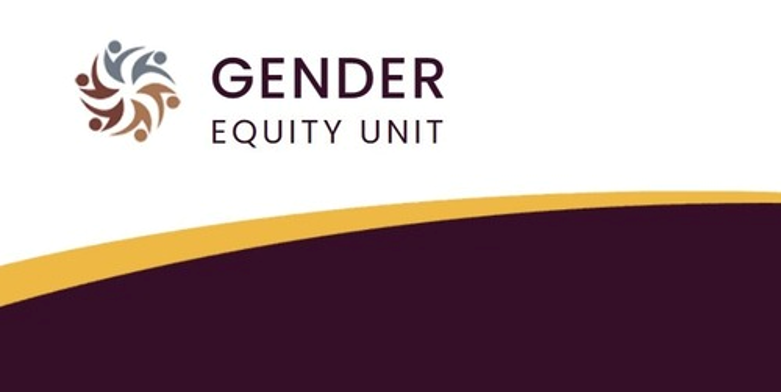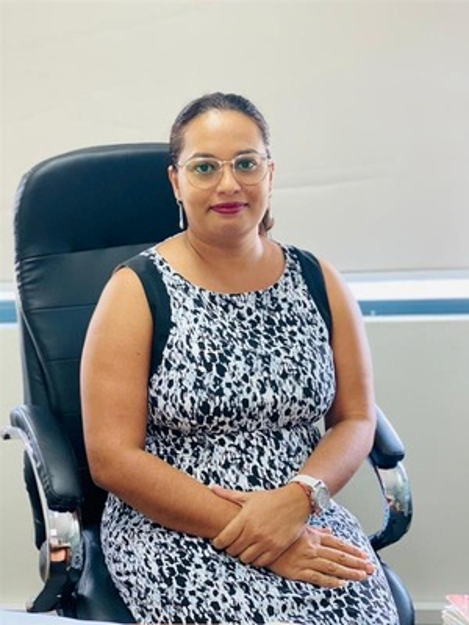(Newsletter June 2023)
The kickoff meeting of the Measuring Adult Mortality Community of Practice (MAM-CoP) was held virtually on 17 and 18 May 2023, to accommodate different time zones. The objective of the meeting was to signify the start of the MAM-CoP, that brings together experts, researchers, and practitioners from different fields to share knowledge and best practices, collaborate on research and interventions, and ultimately contribute to reducing adult mortality rates and to agree upon the path forward and ways of working. The meeting brought together 96 participants from academia, National Statistics Offices, health ministries, civil society organizations, among others. It was jointly organized by ESCAP, UNSD and New York Abu Dhabi University and supported by Bloomberg Philanthropies Data for Health Initiative.


